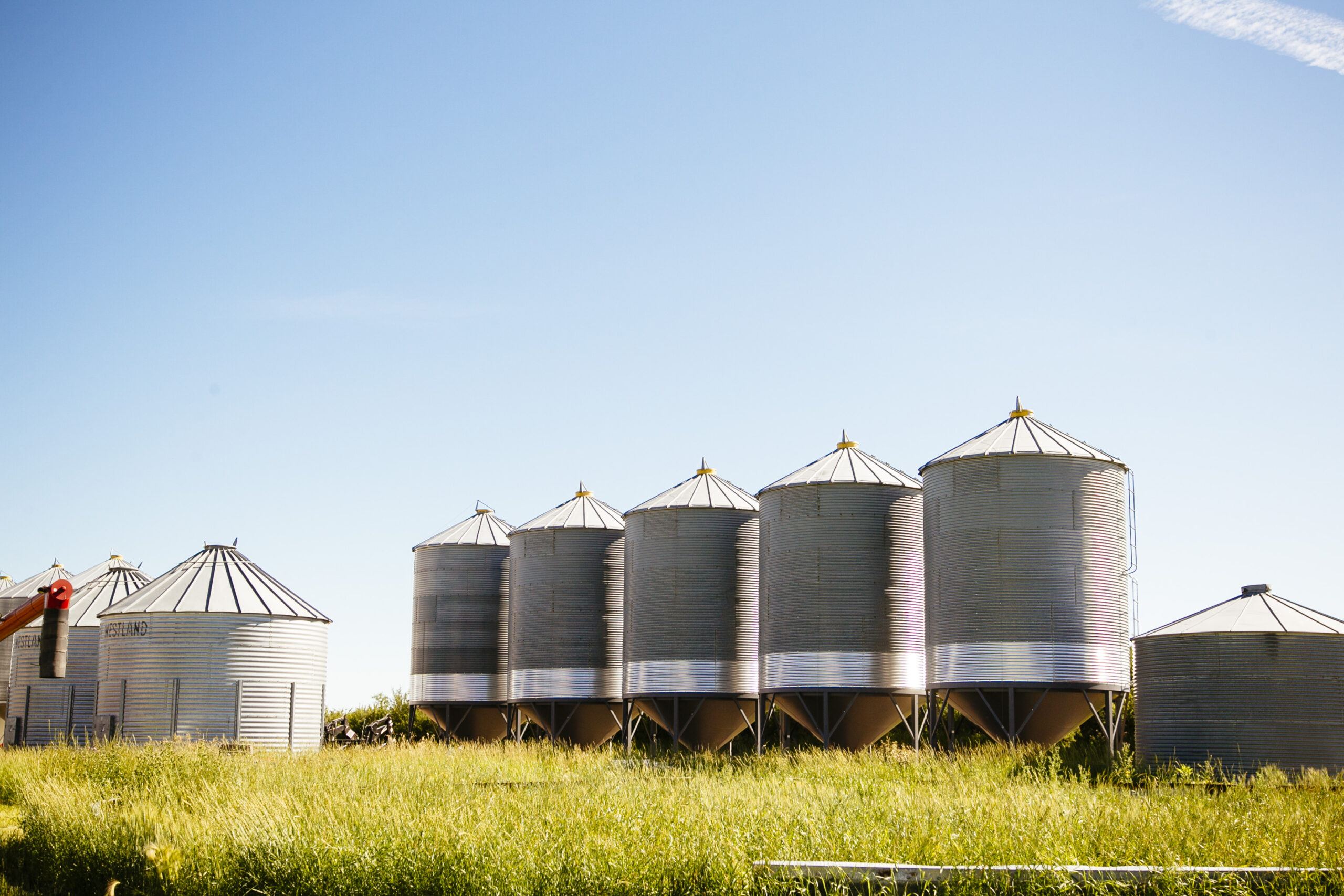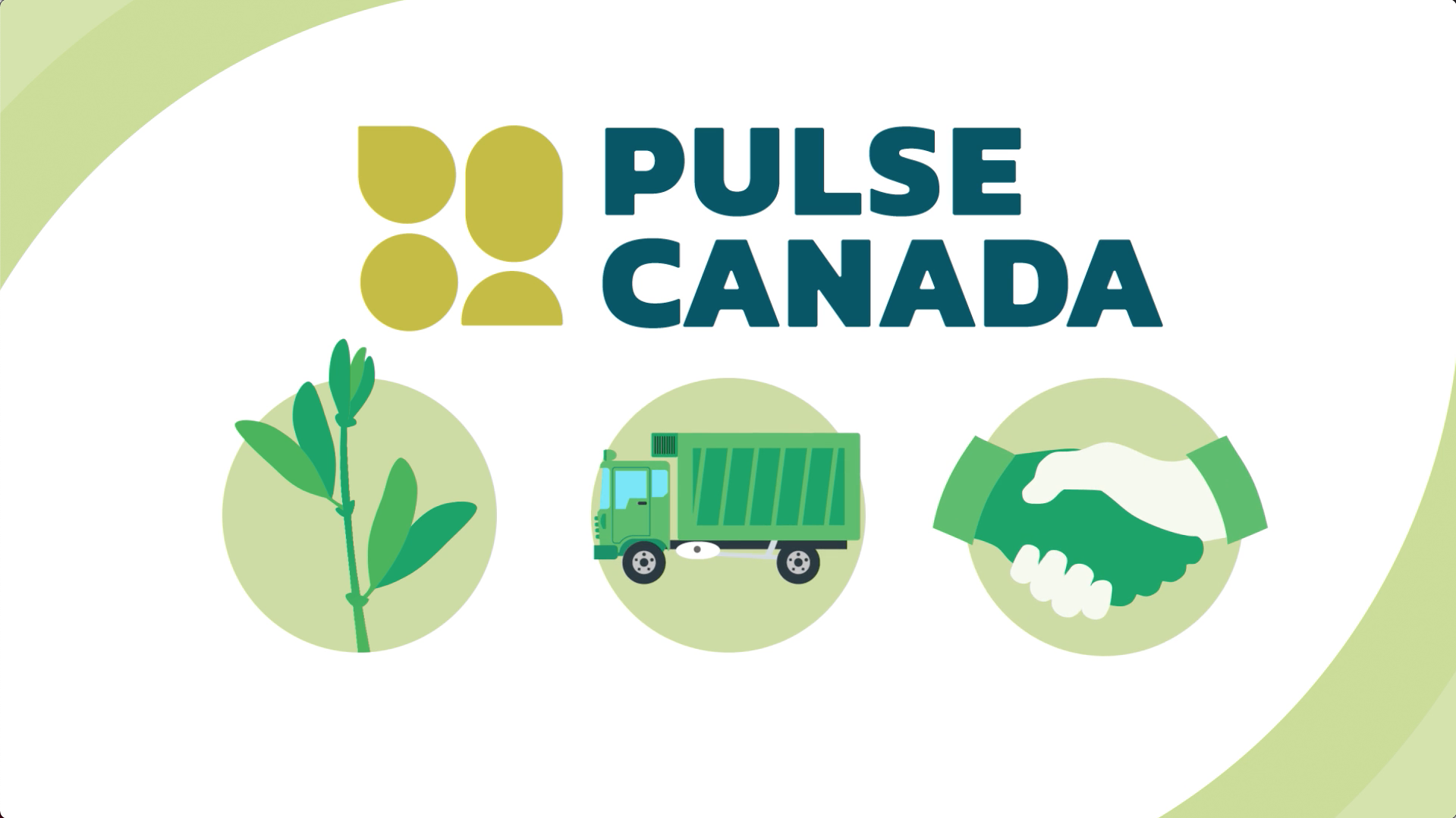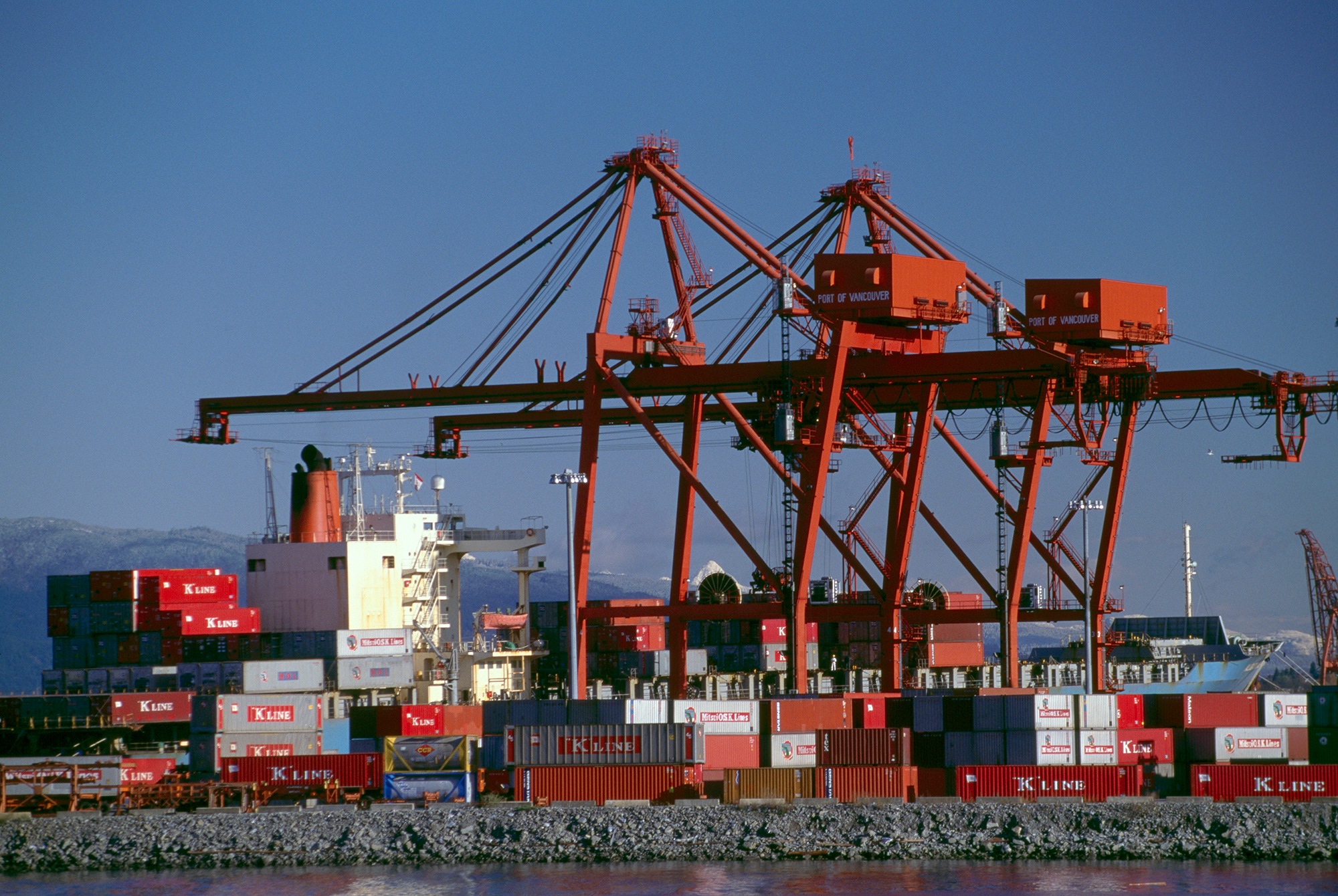Unimpeded access to key markets means increased market certainty for Saskatchewan pulse growers.
SPG’s strategic plan keeps a focus on creating a competitive advantage in current and new markets.
As growers continue to supply food to global markets, export markets must be maintained and expanded while also upholding Canada’s reputation as a reliable supplier. With recent advancements in pulse crop production, your larger crops require increased market access.
With proactive advocacy and fast reactions to unexpected issues, Pulse Canada works on growers’ behalf to resolve issues quickly to maintain markets and maximum profit for growers.
On growers’ behalf, in partnership with other provincial pulse grower groups, Pulse Canada, and Soy Canada, work to address non-tariff trade barriers, free trade agreements, and crop protection.
Non-Tariff Trade Barriers
Trade issues can prevent you from making the most of your crops. The Canadian pulse industry may face non-tarrif trade barriers that restrict access for Canadian pulses to export markets. Behind the scenes, Pulse Canada works actively with the entire pulse industry – and the Canadian government – to resolve non-tariff issues, including:
- Fumigation requirements for Canadian pulses crops destined for India
- Quarantine concern in Myanmar around a Fusarium strain
- Issues with lentils into Egypt due to sclerotia from white mould
- Notices of non-compliance on the presence of soil in lentil shipments to Colombia
- Detention of containers of lentils in Panama due to the detection of weed seeds from round-leaved mallow
- Alleged detection by Turkey of low-level presence of GM events in red lentils (continued from 2016)
- Detection of Blackleg in the canola present in foreign material occurring in peas exported from Canada
Free Trade Agreements
Canadian bilateral and regional trade agreements are central to increased market access, and Pulse Canada advocates for the entire industry at a national level, working closely with the Government of Canada.
Crop Protection
Improving access to technology and crop protection is essential while maintaining access to markets.
Pulse Canada’s work ensures that:
- The Canadian legislative and regulatory environment does not serve as a barrier to important crop protection technologies
- Pulse growers have maximized access to new and innovative crop protection products and retain access to critical tools in place today
- The registered use of crop protection technology does not impede trade due to MRL non-compliance or market acceptance of technology (plant breeding innovation, crop protection products)
- All pulse markets utilize risk-based criteria in the establishment of import tolerances
- The pulse industry is guaranteed a strong understanding of the presence and fate of crop protection product residues on raw and processed pulse ingredients and that risk mitigation strategies are implemented
- A digitized pulse supply chain, including on-farm input data, provides new market opportunities and financial benefits to pulse growers and suppliers
Growers’ Role in Crop Protection
Growers processes and actions keep the doors open to international markets. When applying crop protection products, please take the appropriate risk mitigation steps. Always follow the product label, to ensure product residue remains below maximum residue limits (MRLs) set by regulatory agencies in export markets.
Maximum Residue Limits
The Canadian pulse industry is a member of the Keep it Clean! program, along with other agriculture sectors. The program provides growers with up-to-date MRL information that allows for Canada to maintain its international reputation as a high-quality agriculture supplier.




